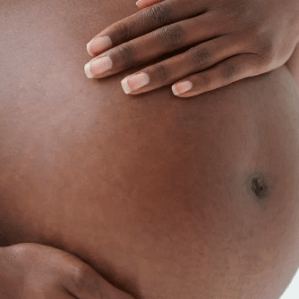Recent research has unveiled a disturbing trend in infant mortality rates following the implementation of strict abortion bans in several states. The study, published in JAMA, reveals a disproportionate impact on non-Hispanic Black infants, underscoring the deep-rooted health disparities in the United States.
In the 18 months following the Supreme Court’s Dobbs decision, which overturned Roe v. Wade, states with complete or near-total abortion bans saw a 6% overall increase in infant death rates. However, the most alarming statistic emerges when examining the racial breakdown of these figures. Non-Hispanic Black infants experienced a staggering 11% rise in death rates, more than double the overall increase.
This stark disparity highlights the unequal burden of abortion restrictions on different communities. Black infants, already at higher risk due to systemic inequalities in healthcare access and quality, now face even greater challenges in states with restrictive abortion laws.
The study’s findings suggest that women who might have previously chosen to terminate pregnancies due to severe fetal anomalies are now compelled to carry these pregnancies to term. This situation is particularly perilous for Black women, who often face additional barriers in accessing comprehensive prenatal care and support.
Texas, which has some of the strictest abortion laws in the country, reported a 9.4% increase in infant deaths. While the data doesn’t provide a racial breakdown for Texas specifically, the national trend suggests that Black infants in the state are likely bearing the brunt of this increase.
Health experts are sounding the alarm on this emerging public health crisis. They emphasize the urgent need for targeted interventions and stronger maternal and child health policies in states with abortion bans. These measures are crucial to address the widening racial gap in infant mortality and ensure equitable health outcomes for all communities.
As the debate over abortion rights continues, these findings serve as a stark reminder of the complex interplay between policy decisions and public health outcomes. The disproportionate impact on Black infants underscores the need for a nuanced approach to reproductive health that considers the unique challenges faced by minority communities.
See: “States With Abortion Bans See More Infant Deaths” (February 14, 2025)



